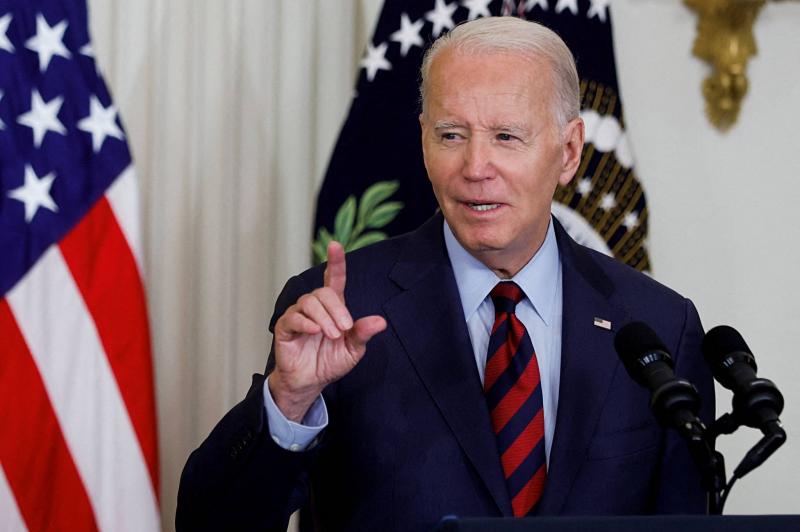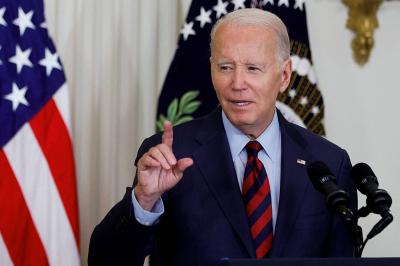The deadly attack on Tower 22 at the Jordanian-Syrian border is seen by many observers as a dangerous escalation, particularly since it marks the first time U.S. soldiers have been killed by hostile fire since the onset of the war between Israel and Hamas on October 7. This attack undoubtedly exacerbates tensions in the region and fuels fears of the war expanding into a conflict that could directly involve Iran. Additionally, it comes at a politically sensitive time for U.S. President Joe Biden, who is seeking a second term in the White House during the upcoming presidential election in November, and has faced numerous criticisms, especially from his Republican rival Donald Trump, who has repeatedly described him as weak and accused him of employing a "lackadaisical" approach toward Tehran.
What do analysts say about the U.S. response? Many analysts and observers believe that the current U.S. administration has three options for retaliation. The first is to significantly strike armed groups loyal to Iran in Iraq and Syria; the second is to target Iranian bases in Syria; and the third is to strike sites within Iran itself, although this latter possibility is considered unlikely.
In this context, Joel Rayburn, who served as the special envoy for Syria during the Trump administration, stated that the attack on Tower 22 in northeastern Jordan targeted an easy mark on the territory of an allied country, crossing all red lines. He suggested that Washington needs to consider how to make Iranians pay a price for this attack directly, predicting that attacks by pro-Iran factions will continue if the U.S. does not respond effectively, according to The Wall Street Journal.
Meanwhile, Aaron David Miller, a former U.S. peace negotiator in the Middle East who currently works at the Carnegie Endowment for International Peace, pointed out that there are several ways to respond, including targeting Iranian individuals in Syria or Iraq or even Iranian naval assets in the Arabian Gulf. He noted, "What the administration needs to do right now is send a clear signal that the continuation of these attacks will provoke a much stronger response than before." He clarified that a strong response could be carried out without crossing the red line, which is executing direct strikes on Iranian soil.
Conversely, many Republicans have called in recent hours for targeting sites within Iran. Senator Tom Cotton (R-Arkansas), a member of the Senate Armed Services and Intelligence Committees, stated that the U.S. should respond with "devastating military retaliation against Iranian terrorist forces, whether in Iran or across the Middle East."
Since October 7, following the outbreak of war between Israel and Hamas in Gaza, tensions have escalated across the region and on multiple fronts, from Iraq and Syria to Yemen and Lebanon, where Iranian-backed armed factions are present. U.S. military bases housing American forces in Iraq and Syria have been subjected to around 158 attacks by those factions since October 17. Meanwhile, the factions threatened last week to enter a second stage of attacks, which would include intensifying strikes in the Mediterranean to blockade Israeli ports. In response, U.S. forces have conducted numerous strikes in both countries against the headquarters of those armed groups, warning of further action if attacks persist.




